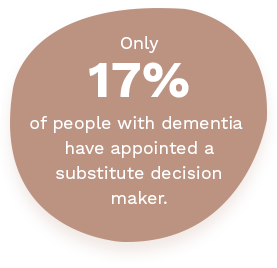
Disclaimer: Touchstone Life Care is not an incorporated legal practice and does not provide legal or medical services or advice. We recommend that all users seek their own independent legal and medical advice.
We acknowledge that we live and work on unceded Aboriginal land and pay respect to Elders past, present and emerging.






